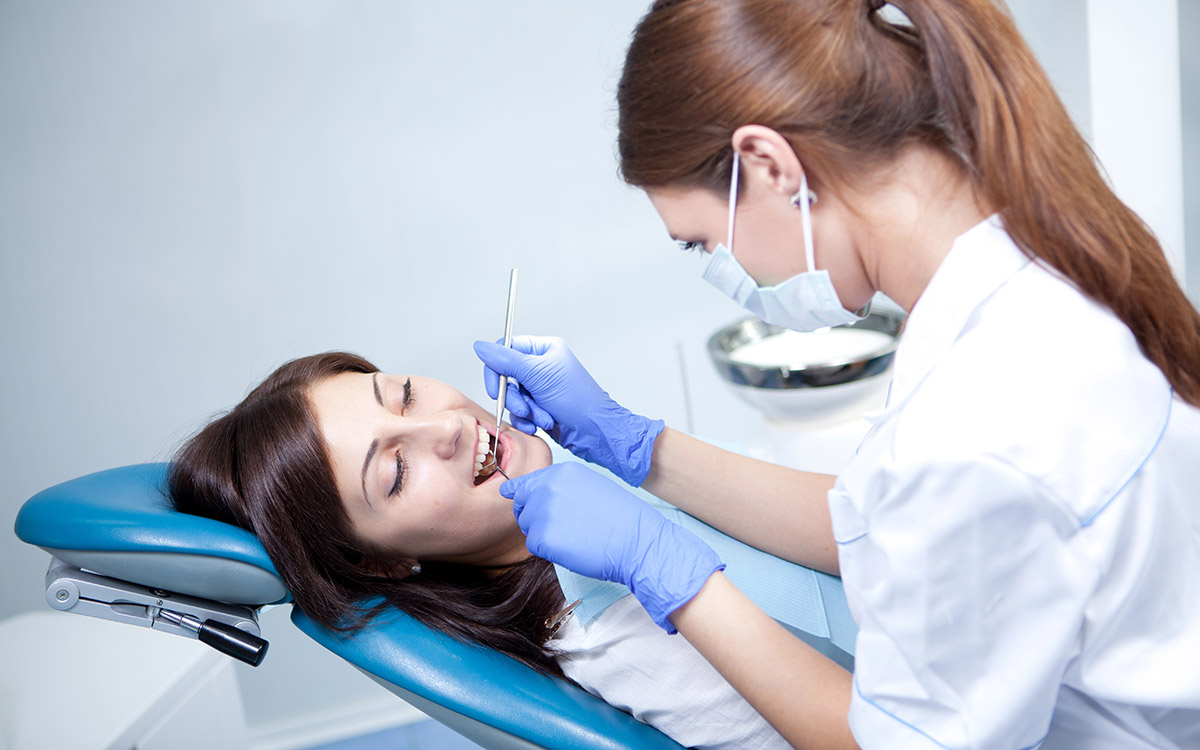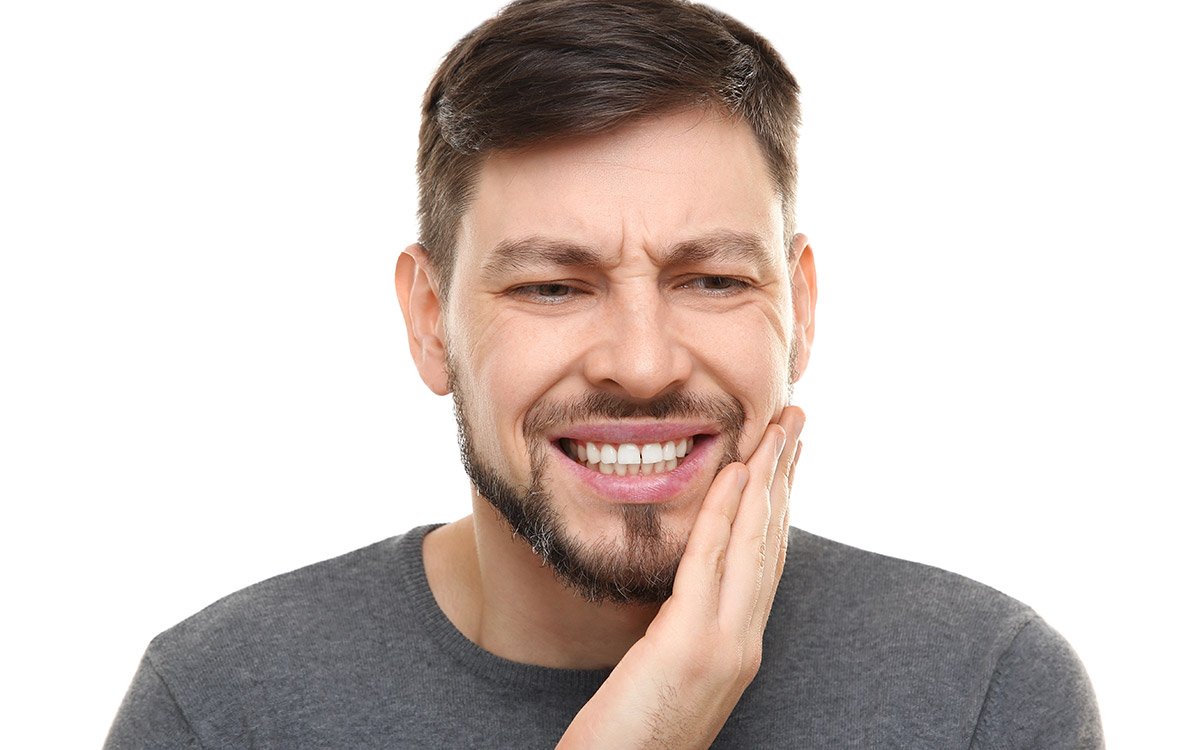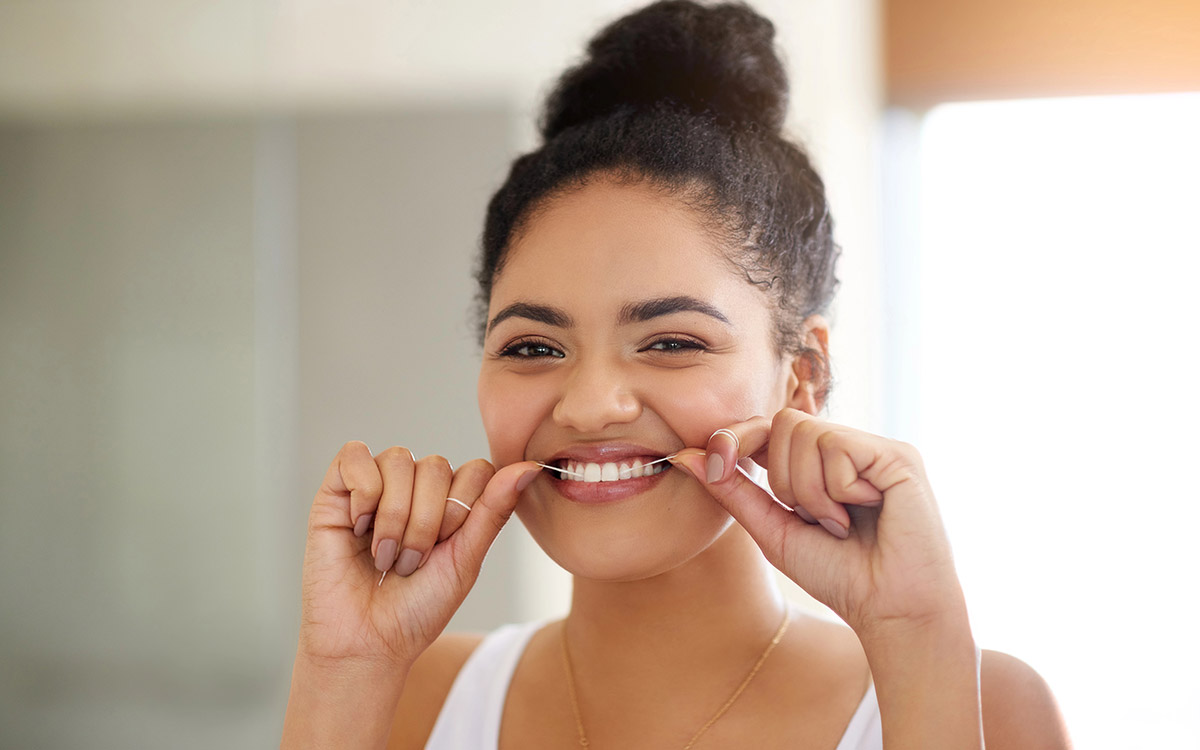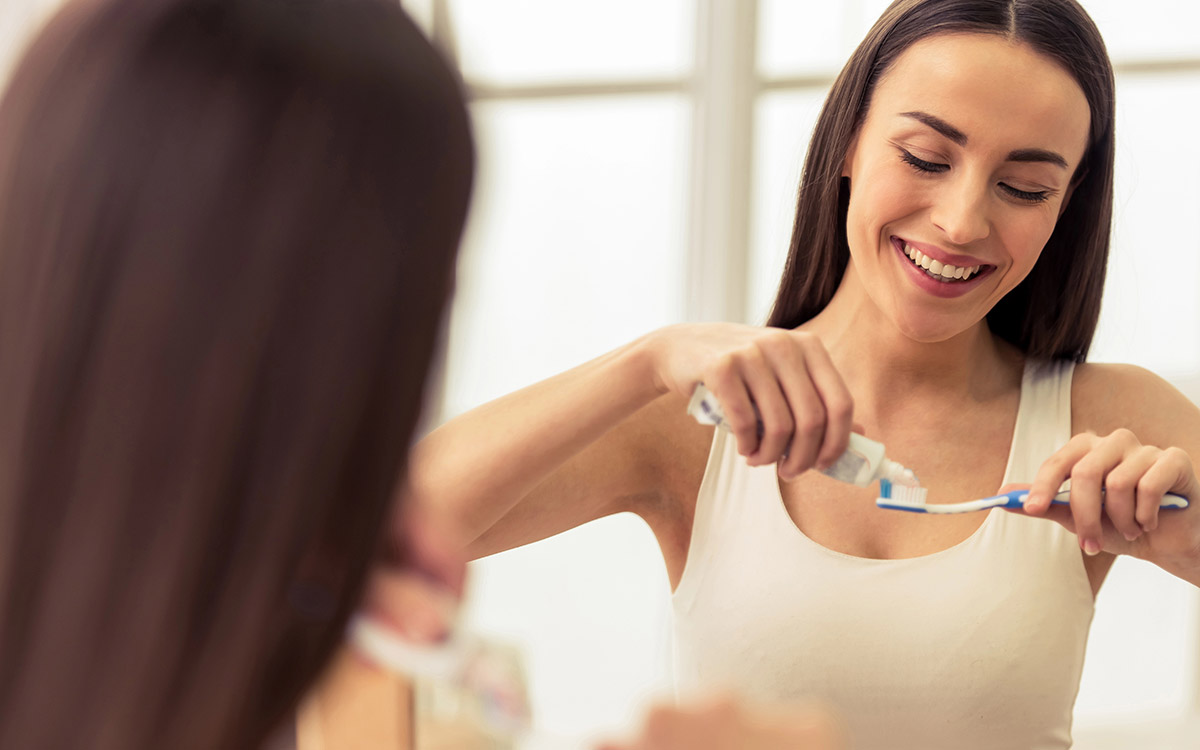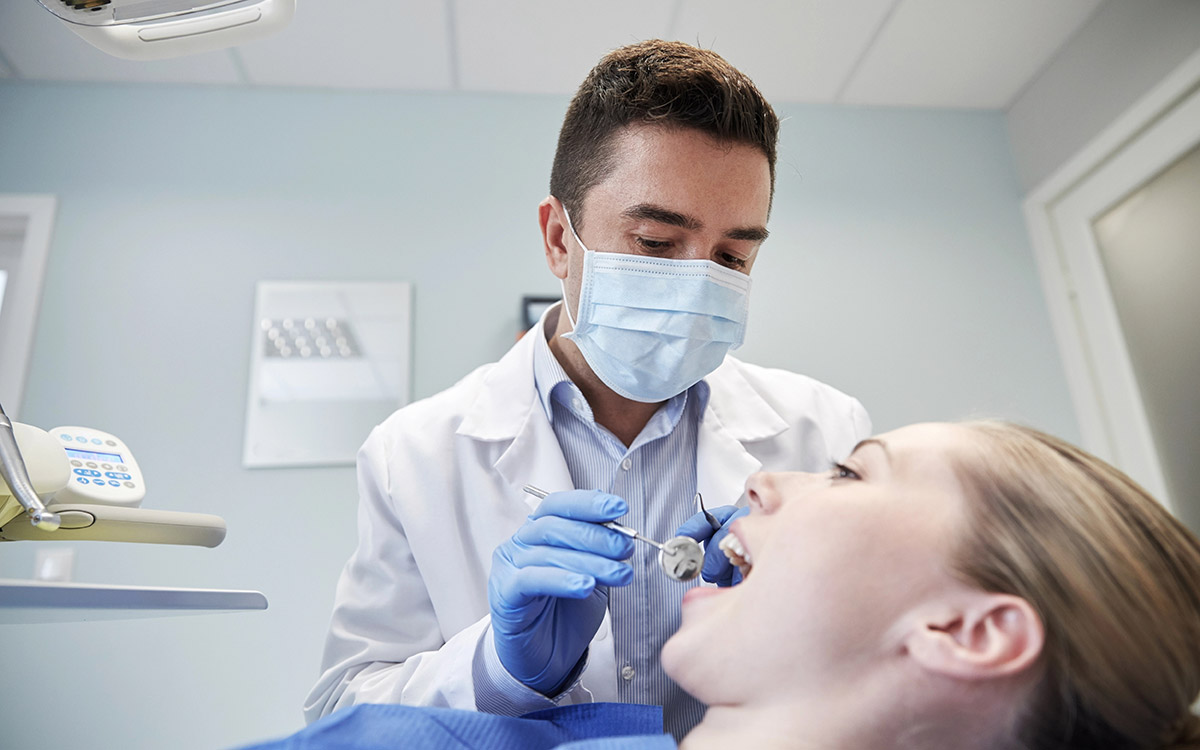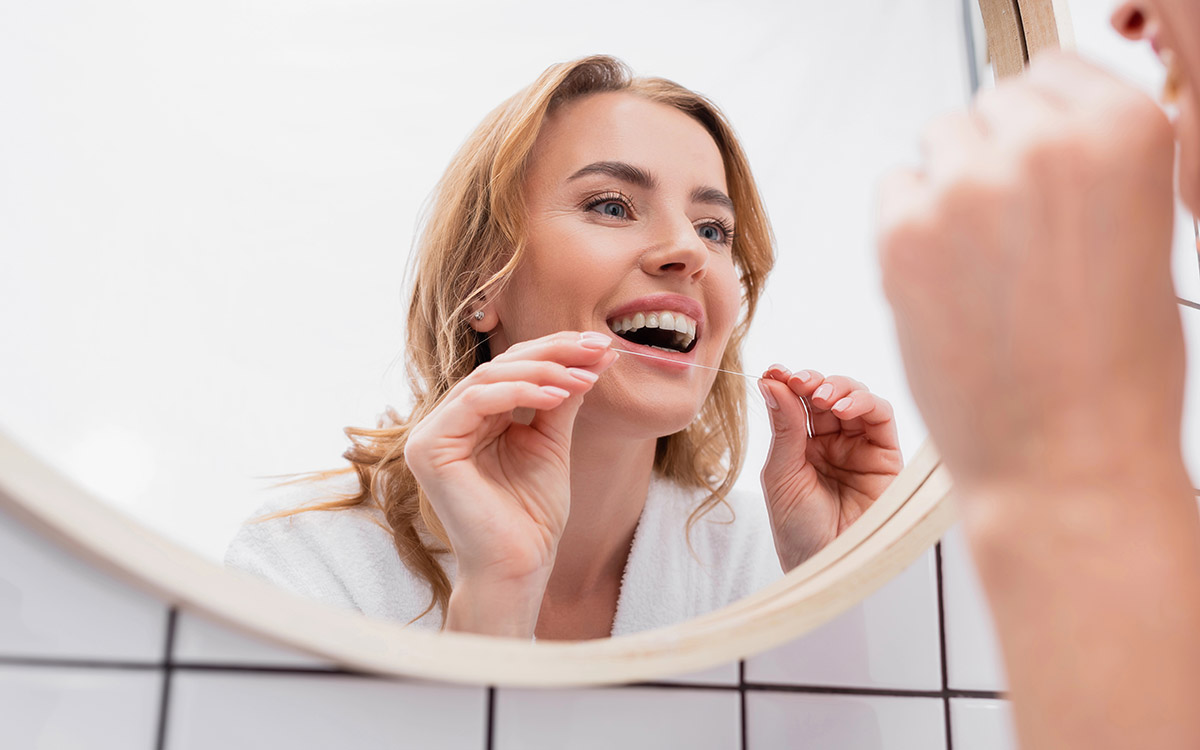Caring for your crown increases its lifespan and gives you a longer-lasting smile. But how should you care for a new dental crown? When you eat, drink and brush, you need to be mindful of how your crown reacts and how you should treat it. You should follow the dentist’s instructions. If you don’t care for your crown, it becomes susceptible to tooth decay and gum disease.
Here are tips on how to care for your new dental crown.
Don’t Eat Until the Numbness Wears Off
The tooth, gum, and gingival tissues may be numb for a few hours after you receive your new dental crown. It would help if you waited until this wears off before starting to eat again. Chewing can cause the cement holding the crown in place to break down prematurely, leading to its dislodgement or fracture.
If you feel hungry or thirsty, drink water but do not eat until the numbness has completely worn off to avoid causing pressure on the tooth and surrounding tissue, which could lead to pain or irritation.
Eat Soft Foods
If you have a new dental crown, you should avoid crunchy or hard foods such as apples, carrots, and popcorn until your dental procedure has been fully set. Instead, stick to soft foods like yogurt and mashed potatoes until you no longer feel pain or discomfort. Crunchy foods easily damage a crown that has not been appropriately set. If you break or chip your crown, you must go back to the dentist for repair, which will be costly and uncomfortable.
Avoid Acidic Or Sugary Foods
This food containing too much acid or sugar increases the risk of tooth decay and erosion. Avoid these types of foods for at least two weeks after your appointment. It would help if you also avoided carbonated drinks as they damage your tooth enamel. Consult your dentist if you have concerns about eating particular food after receiving a dental crown.
Keep Up Your Oral Hygiene Routine
It can be tempting to slack off when it comes to your daily oral hygiene habits after the crown has been done.
Here are tips for keeping your crown healthy and robust for it to last long.
- Brush and floss regularly. You don’t want to risk getting food stuck under your crown, which can lead to infection.
- Use a soft-bristled toothbrush, and don’t brush too hard as it can cause excess pressure on the new crown, making it wear down fast.
- Use fluoride toothpaste that contains the ADA Seal of Acceptance.
Avoid Drinks That Stain Teeth
The color of your new crown is affected by what you eat. The first few days after a dental crown work, avoid foods and beverages that stain your teeth. It includes coffee, tea, and red wine. They cause the color of your tooth to make it look less white and more yellow.
However, if you must take these drinks, limit yourself to a small amount and rinse your mouth immediately with water.
Make a Follow-up Appointment
After having your dental crown done, schedule a follow-up appointment with your dentist. It helps determine if issues with your crown need attention before they become significant problems.
It also ensures your bite feels natural and comfortable. If your bite is still improper, your dentist may adjust the crown’s fit or recommend changing it by adjusting other teeth or gums.
Be Careful When Flossing
When you get a dental crown, it’s essential to be careful when flossing. If you need help with this, ask your dentist or hygienist to show you how. Any pressure on the tooth holding the crown can cause it to chip, crack, or even fall off.
Here are tips for taking care of your dental crowns and dentures:
● Use waxed dental floss instead of regular floss
● Start from the back of the mouth and work forward
● Use a non-abrasive flosser to clean under the gum line
● Don’t use toothpicks, as they can damage the area where the crown is seated in your mouth.
Use a Mouth Guard
You may need to use a mouth guard while you sleep if you have had a dental crown placed. A mouth guard is a device that fits over your upper or lower teeth and protects them from being damaged by grinding, clenching, or biting.
Quit Smoking
Smoking harms general dental health, and it’s even worse if you wear dental crowns as it degenerates gums over time. Quitting smoking improves the health of your mouth and prevents further damage from happening to your teeth and gums.
To ensure the longevity and health of your new crown, stay away from smoking for at least two weeks; it will be even better if you can quit altogether.
Follow Your Dentist’s Instructions
Your dentist will tell you how to care for your crown during your first appointment after getting it placed. You should follow these instructions to the letter to avoid damaging the tooth beneath the crown.
Avoid Habits That Can Damage Your Teeth
It would be best to avoid habits that might damage your new dental crown. These include chewing gum (as it causes extra pressure on the area), grinding or clenching your teeth, biting ice or hard foods, or sucking on hard candy or soda cans.
Stay Away from High-Impact Activities
Avoid activities that could cause something hard to hit your tooth and damage the crown. Such activities include football, basketball, soccer, hockey, water polo, or lacrosse. Even contact sports like boxing and martial arts can cause tooth damage if you’re not careful.
Following your dental crown placement, you must stay away from those activities for a week or so. Your dentist will tell you when it’s safe to resume those activities.
Caring for Your New Dental Crown Makes It Last Long
Caring for your new crown is essential to ensure it stays healthy and strong. A crown restores your teeth’ shape and strength or covers a dental implant. Apart from the highlights discussed in this article on caring for your new crown, your dentist or dental specialist will provide instructions on brushing, flossing, and washing around your crown to ensure its longevity.


